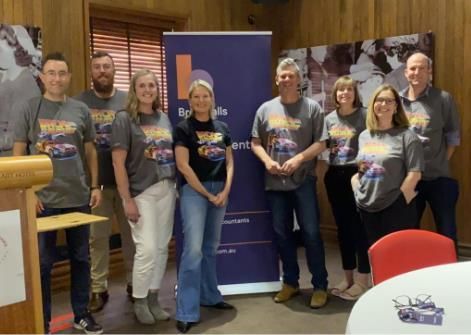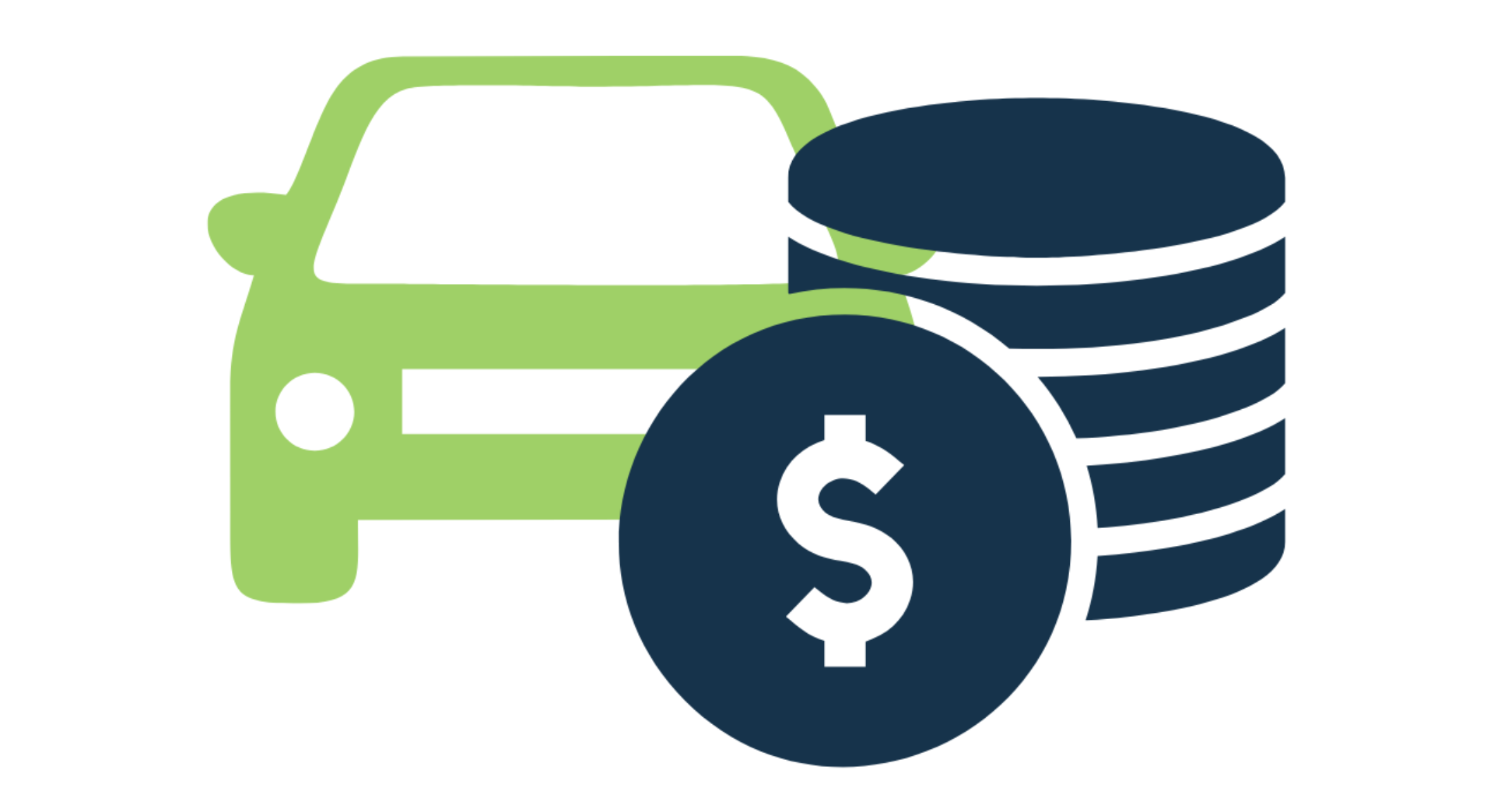What is Carbon Farming?
Carbon farming is an innovative and sustainable approach to farming by sequestering carbon and/or reducing green house gas emissions. Not only does this approach benefit the environment but it can provide a genuine revenue stream for farmers and landowners.
A carbon farming project allows for the carbon that is reduced or sequestered through farming practices to be measured over the life of the project. Farmers are able to access projects under various agricultural initiatives including feeding livestock, soil treatment, fertilizer and cropping and forestry. Under the Government regime the carbon farmer will be issued ACCU’s (Australian Carbon Credit Units) by the Clean Energy Regulator which can be sold on market, providing a diversified revenue stream.
The basic steps to undertake a carbon project are:
- Plan your project, check project eligibility and legal rights
- Register the project with the Emissions Reduction Fund.
- Perform the activities of the project over time, ensuring you meet project guidelines
- Report on your project and claim ACCU’s
Buyers of ACCU’s can be Government, companies or other private buyers that are looking to offset their carbon emissions to achieve a lower carbon footprint. Carbon accounting is used by these entities to determine their carbon footprint allowing for good governance and sustainability transparency.
This is a developing industry that is gaining mainstream acceptance, providing both economic and environmental opportunities for farmers and landowners. It comes with a level of compliance and has a long-term outlook with projects lasting 25 or 100 years. These projects should not be undertaken without seeking advice from your trusted financial and legal advisors.
Come talk to us today if you would like to know more about carbon farming.



Address
44 Gray Street
Hamilton Vic 3300
Call Us
Mail Us
 Brentnalls
Brentnalls
 Xero Platinum
Xero Platinum
 CA
CA
 Figured
Figured
 MYOB
MYOB
 Tax Prac
Tax Prac
Liability limited by a scheme approved under Professional Standards Legislation.
